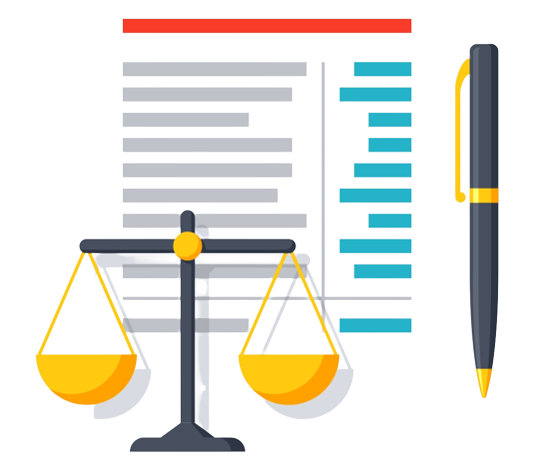Budgeting: Mastering Your Money

Lab Description
This comprehensive budgeting lab will help students master budgeting skills and is crucial for their financial well-being. This lab is not just theoretical knowledge but is filled with a lot of interactive activities and practical scenarios. Students will go through simulations and hands-on exercises that simulate real-life financial scenarios.
The lab is divided into four sections
- Basics of Budgeting
- Budgeting Factors
- Building Your Budget
- Conclusion
Please take a look at the outline tab to see the activities included in each section.
Each section is preceded and followed by a review and classroom discussion materials that teachers can use.
Some of the core activities are -
Basics of Budgeting
- A quick start activity to allocate the salary of a person into different expenses
- Introduction to budgeting and drag-and-drop activity to classify expenses.
- Understanding discretionary and non-discretionary budgets and categorizing expenses worksheet.
- Analyzing John's budget
- Budgeting strategies such as 50/30/20, zero-based budgeting, etc., and an interactive worksheet to create a zero-based budget.
- Introduction to Needs & Wants and an interactive worksheet to choose their choices on different categories such as housing, food, entertainment etc.
Budgeting Factors
- Analyze American's average monthly expenses
- Dive deeper into housing expenses with worksheet activities on rent analysis etc.
- Dive deeper into transportation expenses with worksheet activities to analyze transportation modes, calculate total car ownership cost, etc.
- Dive deeper into food expenses with worksheet activities on the USDA food calculator, average food expense analysis, etc.
- Impact of inflation on budgeting with a worksheet that includes an inflation calculator.
- Comparison-shopping and activity to do comparison shopping.
Building Your Budget
- Help Sarah - a fictitious character, to build her budget by using
- Interactive worksheet to choose a career - analyze education loan required, salary, sample monthly paycheck, etc.
- Interactive worksheet to set short and long-term goals
- Interactive worksheet to build the final budget based on the salary and goals.
- Students will create their budget for a semester.
Conclusion
- Write a letter to parents explaining the importance of budgeting.
- Feedback
By providing an interactive learning experience, we equip students with the necessary skills to navigate the complexities of personal finance confidently.
Student Feedback
Basics of Budgeting
Budgeting Factors
Building Your Budget

